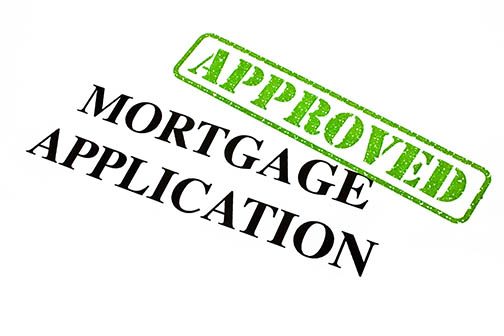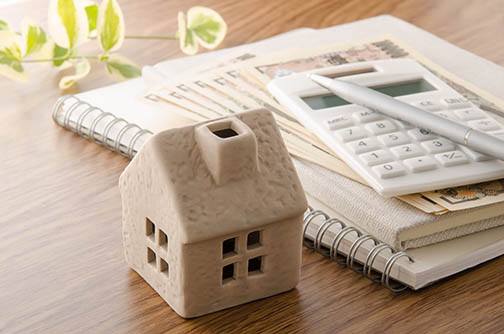The First-Time Home Buyer’s Guide to Getting the Best Possible Mortgage Rate
 Whether they’re found online or heard from family and friends, there are so many mortgage tips out there that it can be hard to know exactly how to proceed. But, if you’re new to the market, there are a few surefire things you can do to get a mortgage rate you’ll feel good about. For some of the best tips on getting a great loan, look no further than the following.
Whether they’re found online or heard from family and friends, there are so many mortgage tips out there that it can be hard to know exactly how to proceed. But, if you’re new to the market, there are a few surefire things you can do to get a mortgage rate you’ll feel good about. For some of the best tips on getting a great loan, look no further than the following.
Know Your Credit History
It’s a simple fact that one of the most important factors in your mortgage application is your credit history, so good or fair, it’s important to be aware of where you stand. While the acceptable credit score for mortgage approval can fluctuate, the best rates are often available to those with a score that is higher than 760. In order to improve your chances, get a copy of your credit report and pay attention to any discrepancies that might be in it. These can have a negative impact on your score and your application, so you’ll want to have them revised if they’re incorrect.
Save Your Down Payment
It’s not a requirement of mortgage approval to put 20% down, but a down payment of this size will lower your debt-to-income ratio and will make you a more solid bet for the lender. By having 20% in the bank to go towards your home investment, you will also be able to qualify for a lower rate. Not only this, you will not be required to pay mortgage insurance which means a lowered monthly payment and a higher disposable income in the event of market fluctuations.
Consult With A Mortgage Professional
You may want to pursue a mortgage on your own, but having a professional to help you with the process can be beneficial for a number of reasons. A mortgage expert will not only be aware of market conditions, they will have a relationship with the lenders that means they may be able to get you a rate you wouldn’t be offered on your own. While you may want to go it alone, there are benefits to consulting a professional.
There’s a lot involved in the mortgage process, but by putting 20 percent down and having a good credit history, you’ll be well on your way to a great rate. If you’re currently on the market for a home, contact one of our mortgage professionals for more information.

 When you’re just moving into a neighborhood, it can be hard to know exactly what you’re getting into. Certainly, you can see the sights for yourself and read about your new community online, but there are still things that may not be readily available. If you’re looking for the cold, hard facts on the safety of your neighborhood, look no further than the following websites for the things you’ll want to know.
When you’re just moving into a neighborhood, it can be hard to know exactly what you’re getting into. Certainly, you can see the sights for yourself and read about your new community online, but there are still things that may not be readily available. If you’re looking for the cold, hard facts on the safety of your neighborhood, look no further than the following websites for the things you’ll want to know. With interest rates on the rise following the 2016 election, it’s possible that you’re now considering your options for refinancing your current mortgage. It can sometimes be hard to know all of the ins and outs of making this choice, though, and it’s important to know what’s involved. If you’re trying to determine if refinancing will work for you, here are some of the basics on this option and what it can mean for your equity.
With interest rates on the rise following the 2016 election, it’s possible that you’re now considering your options for refinancing your current mortgage. It can sometimes be hard to know all of the ins and outs of making this choice, though, and it’s important to know what’s involved. If you’re trying to determine if refinancing will work for you, here are some of the basics on this option and what it can mean for your equity.